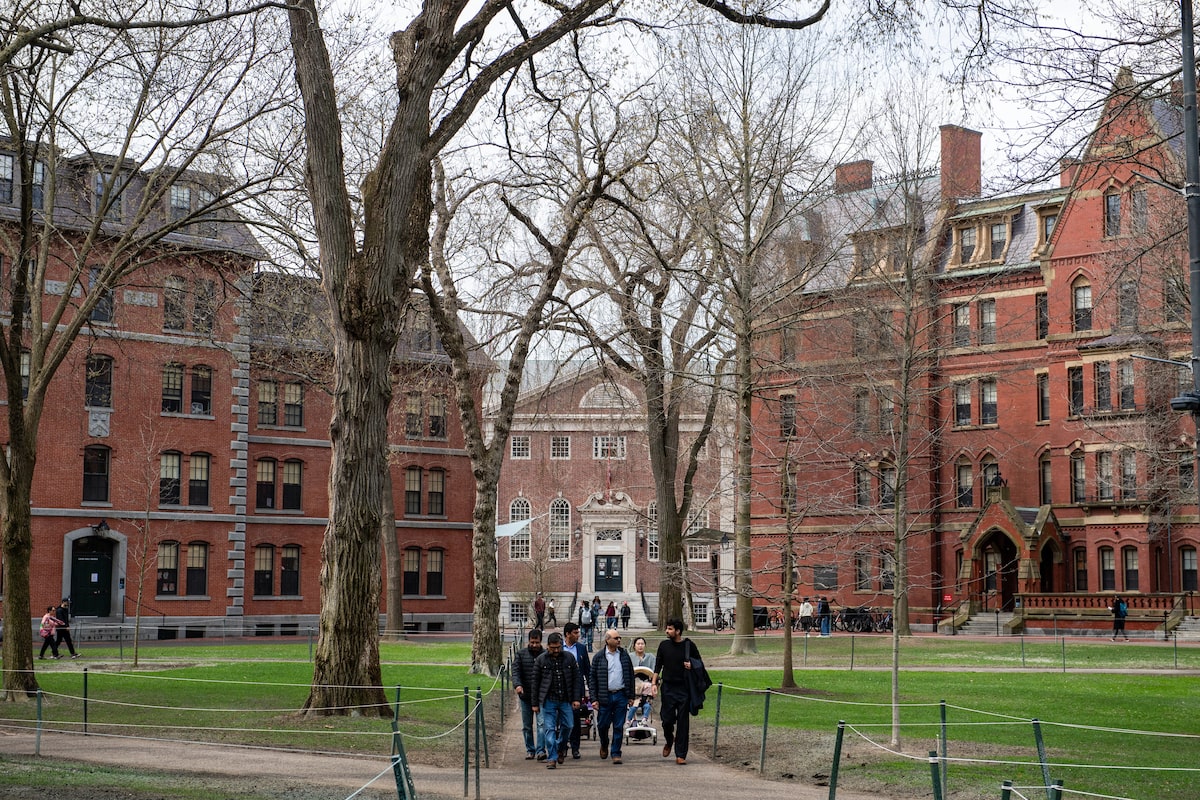Harvard University, a name synonymous with academic excellence and prestige, has long been a subject of both admiration and critique. Its hallowed halls have produced leaders, innovators, and thinkers who have shaped the course of history. Yet, this very eminence makes it a recurrent target, particularly for those who challenge established elites. Donald Trump’s attacks on Harvard highlight a deeper tension between populism and elitism in American society. This article delves into the reasons behind Harvard’s vulnerability to such attacks, exploring its historical context, its perceived elitism, and the broader implications for American education and politics.
From its interactions with its local community to its national and global influence, Harvard embodies a complex mix of privilege and responsibility. This article examines how these factors contribute to its image and how that image is perceived by different segments of the population.
A History of Contention: Harvard’s Fraught Past
Harvard’s history is intertwined with the evolution of American society, marked by periods of both celebration and controversy. Founded in 1636, it quickly became a symbol of colonial intellectual aspiration. However, even in its early years, figures like Benjamin Franklin questioned its value, suggesting that social climbing often trumped genuine intellectual pursuit among its students.
Throughout the centuries, Harvard has faced criticism for its perceived detachment from the concerns of ordinary Americans. Herman Melville, the author of Moby Dick, famously declared, “a whale ship was my Yale and Harvard,” underscoring a sentiment that practical experience could outweigh formal education. Such sentiments reflect a long-standing skepticism toward elite institutions and their role in society.
The Perception of Elitism: A Double-Edged Sword
Harvard’s elite status is undeniable. With an acceptance rate hovering around 3%, it represents one of the most selective universities globally. Its student body comprises individuals from diverse backgrounds, yet it is often seen as a preserve of the privileged. This perception is reinforced by its substantial endowment, which dwarfs the annual budgets of many cities and smaller educational institutions.
The university’s ties to influential figures further cement its image as an elitist institution. Eight U.S. presidents and numerous Supreme Court justices have walked its halls, creating a network of power and influence that can appear inaccessible to outsiders. This concentration of influence naturally attracts scrutiny and criticism from those who feel excluded from such circles.
Trump’s Critique: A Populist Assault
Donald Trump’s attacks on Harvard are part of a broader pattern of challenging established institutions and elites. He has accused the university of being a “shelter of antisemitism” and “hostile to American values.” His administration has taken concrete steps to penalize Harvard, including cutting federal funding and considering measures to restrict foreign student enrollment. These actions align with his populist rhetoric, which often targets what he perceives as out-of-touch elites.
Trump’s critique resonates with a segment of the population that feels disenfranchised by the perceived dominance of institutions like Harvard. By attacking the university, he taps into a sense of resentment and distrust toward those seen as privileged and disconnected from the concerns of everyday Americans.
Academic Solidarity: Defending Harvard
Despite the criticisms, the American academic establishment has largely rallied around Harvard. Other universities recognize that attacks on one institution can set a precedent that threatens the entire sector. There is a sense that “as Harvard goes, they soon will follow,” leading to a unified front in defense of academic freedom and institutional autonomy.
However, this solidarity is not without its complexities. Many institutions harbor a degree of envy toward Harvard, given its vast resources and influence. Yet, they understand the importance of standing together against external threats, even when internal tensions exist.
Echoes of the Past: Historical Parallels
Trump is not the first to target Harvard. Throughout history, figures from Benjamin Franklin to Lyndon B. Johnson have voiced criticisms of the university. Franklin questioned whether parents prioritized social advancement over intellectual capacity when sending their children to Harvard. Johnson felt that his lack of a Harvard degree undermined his credibility in foreign policy.
These historical parallels underscore a recurring theme in American society: the tension between meritocracy and elitism. Harvard, as a symbol of both, inevitably becomes a focal point for this debate. The criticisms leveled against it reflect broader anxieties about access, opportunity, and the distribution of power.
Conclusion: Harvard’s Enduring Paradox
Harvard’s elitism makes it a perpetual target for criticism, particularly during times of heightened populism. The university embodies a paradox: it strives for academic excellence and inclusivity, yet it is often perceived as exclusive and detached. Figures like Donald Trump exploit this tension, using Harvard as a symbol of the elites they seek to challenge.
Ultimately, the attacks on Harvard reflect a deeper struggle within American society—a struggle between the ideals of meritocracy and the realities of privilege. As long as this tension persists, Harvard will likely remain a lightning rod for controversy, its name synonymous with both aspiration and resentment.

Leave a Reply